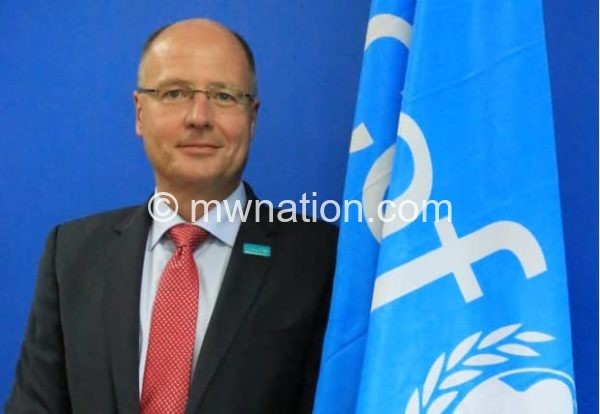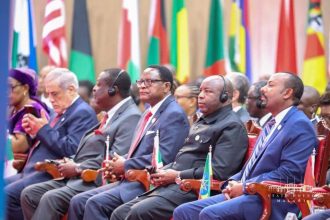Donors want increased domestic health financing
Malawi’s development partners under the banner of Health Donor Group have asked government to increase its budget allocation to achieve Universal Healthcare Coverage.
The call follows the start yesterday of a three-day 2020/21 Health Sector Strategic Plan II (HSSP II) Joint Annual Review meeting which attracted all stakeholders in the health sector, including donors.

In his remarks, the group’s chairperson Rudolf Schwenk, who is also Unicef Malawi country representative, said despite several positive achievements in the health sector, domestic resources remain low to achieve some milestones, especially in rural areas.
He said: “While the Health Donors Group commends Malawi for consistently maintaining the health sector budget allocation at around nine percent, we would like to highlight that this remains below the Abuja Declaration target of 15 per cent of the total national budget.
“We must address the stock-out of essential medicines and supplies in clinics, shortage of health surveillance assistants and low staffing levels and low motivation.”
Donors in the health sector provide 75 percent of the country ’s total health budget, a situation the donors and other stakeholders have described as not sustainable and not tallying with the Abuja Declaration requiring a 15 percent budget allocation.
Schwenk drew the attention of Malawi G o v e r n m e n t a n d stakeholders to a couple of concerns, saying despite Malawi’s remarkable progress in child survival, an estimated 40 000 children under five years of age still die every year from preventable diseases or diseases that are easy to treat.
He said that about 40 percent of the under-five deaths occur during the first 28 days of life which he said calls for a greater level of investment in newborn care.
Schwenk noted that a high level of chronic malnutrition persists among children under the age of five and that even though maternal deaths may have declined but figures remain among the highest globally.
On a positive note, the group commended the Ministry of Health on the progress and achievements despite challenges faced with the ongoing Covid-19 pandemic, including the effective management of the first, second, and third waves of the pandemic in the country.
Deputy Minister of Health Chrissy Kalamula Kanyasho said government will review funding towards the sector and that resolutions from the review meeting will inform governments decisions going forward.
On his part, Parliamentary Committee on Health chairperson Mathews Ngwale said they will be pushing for the additional domestic resources towards the health sector to ensure international protocols such as the Abuja Declaration are adhered to.
“We have been fighting the government to increase funding for the sector, there is no way we can be a proud nation by relying on donors,” he said.
In the current 2021/22 K1.995 trillion National Budget , government allocated K187.2 billion towards the health sector which is 1.8 percent of gross domestic product, representing 9.4 percent of the total budget.
However, the allocation this year is lower than what government allocated to the health sector in the 2020/21 National Budget when it was allocated K204.7 billion which was 11.5 percent of the total budget only to be lowered in the current budget at 9.4 percent.
If government fully complied with the Abuja Declaration by allocating 15 percent of the K1.995 2021/2022 Budget towards the health sector, about K300 billion needed to be given to the sector.
This amount is equivalent to what the government allocated in the current budget for interest payments on public debt.





